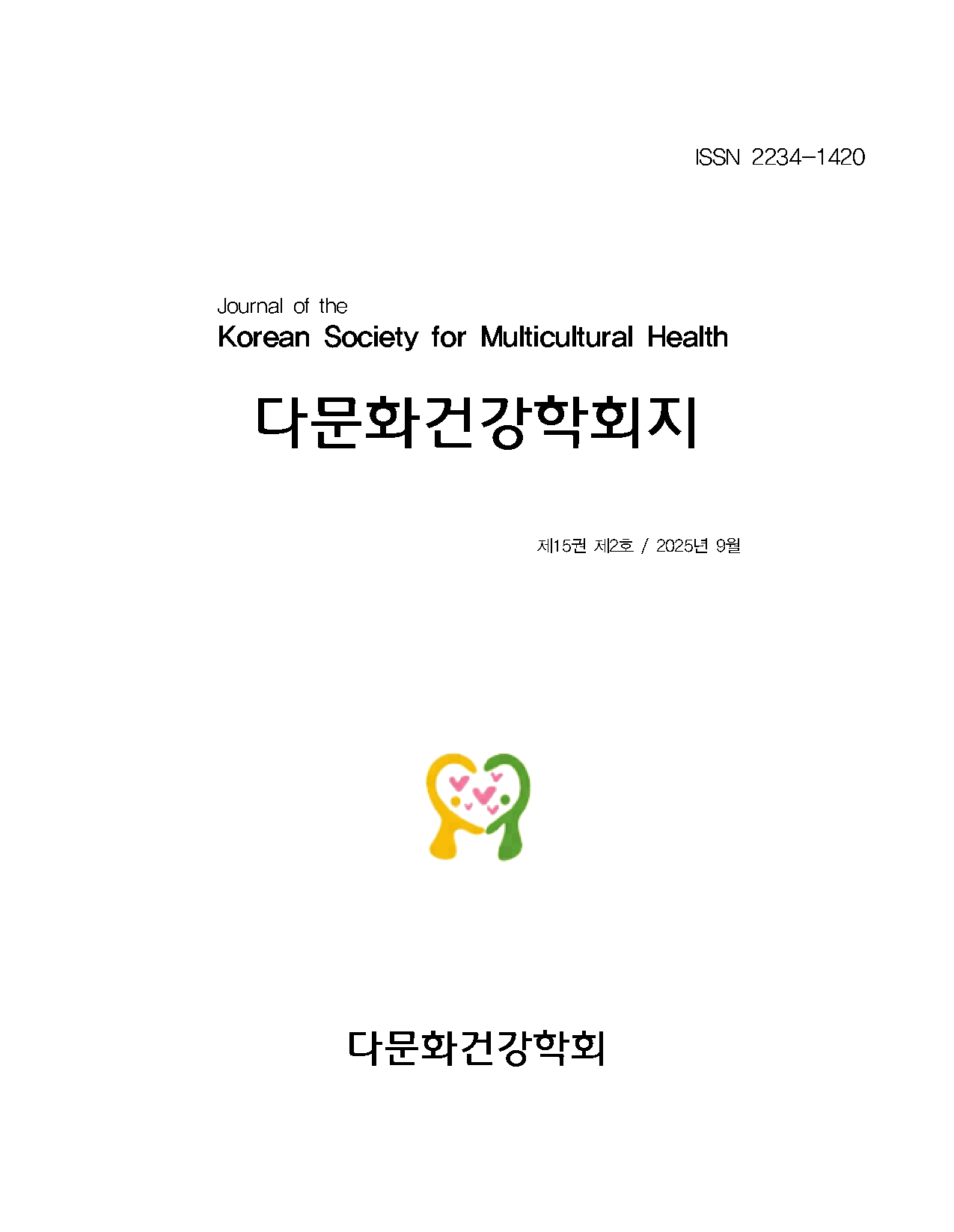Purpose: The study aimed to examine the effectiveness of a urinary incontinence (UI) self-management program on UI severity, UI self-efficacy, and UI-related quality of life among community-dwelling frail older women. Methods: The experimental group (n=18) and control group (n=12) were recruited from one senior welfare center in S city and one senior center in W city. The experimental group participated in the UI self-management program once a week for five weeks, while the control group received one-hour of UI education. Data were collected at the baseline and immediately after the intervention, and analyzed using paired t-tests. Results: In the experimental group, UI severity was reduced significantly after the intervention (t=4.54, p<.001, Cohen's d=1.12), and the UI self-efficacy (z=3.52, p<.001, Cohen's d=1.14) and UI-related quality of life (z=2.80, p=.005, Cohen's d=0.60) scores were increased significantly compared to that at the baseline. In contrast, no significant changes were found in the control group. Conclusion: The UI self-management program is applicable to frail older women. Future longitudinal studies should assess the long-term sustainability of these benefits, while expanding the application of this program to older women with mild cognitive impairment to validate the program effectiveness.
서 론
연구방법
연구결과
결 론
(0)
(0)
